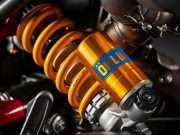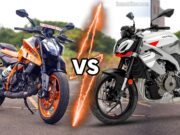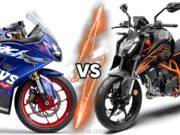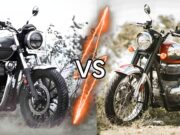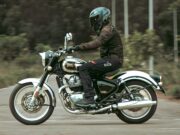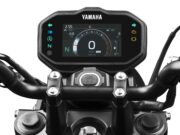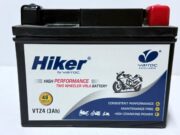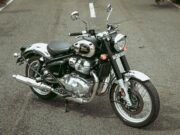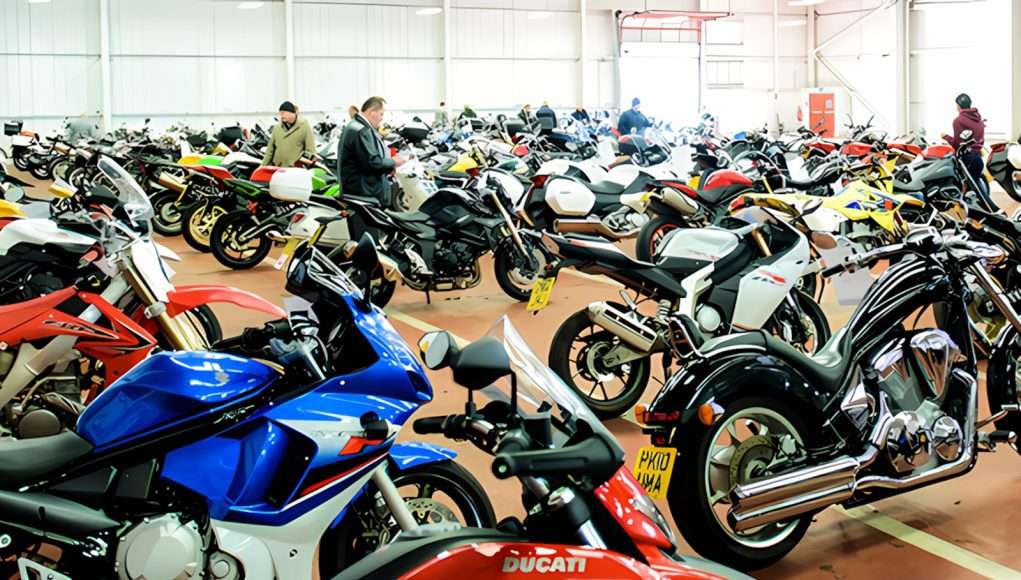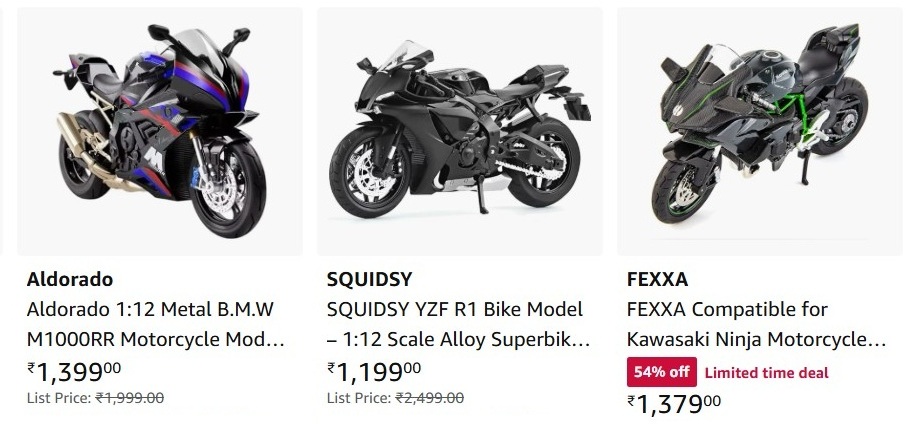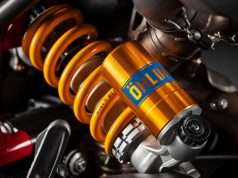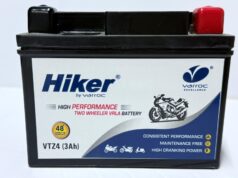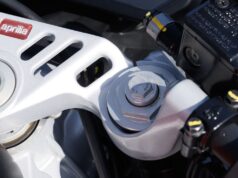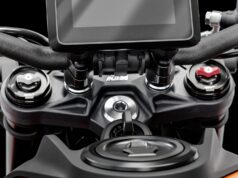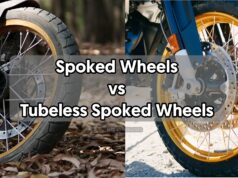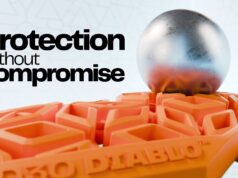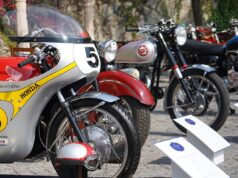Motorcycle and car auctions pull you in fast. The sound of the auctioneer, the rush of competition, the fear of missing out—it’s easy to get caught up. Hands shoot up. Prices climb. Logic fades. Before you realise it, you’ve spent way more than planned.
Winning should feel good. But that excitement disappears when you see the final price. Fees, taxes, transport, repairs—it all adds up. What seemed like a smart buy turned into a financial headache.
No one likes regret. Walking in with a budget and sticking to it keeps you in control. It’s the difference between getting a great deal and paying for a mistake long after the auction ends. Here’s how to make sure that doesn’t happen.

Research Market Prices Before Bidding
Walking into a motorcycle or car auction without knowing market prices is like playing a game without rules. There’s no way to tell if a bid is a bargain or a mistake. A lower price doesn’t always mean a good deal. A great buy is paying what the motorcycle or car is worth.
Every market is different. The many car auctions Australia has won’t be the same as those in the UK or the US. If you’re looking for a motorcycle or car in Australia, check what similar models have sold for recently. Auction houses list past results. Private sellers and dealerships give another point of comparison. The more sources you check, the more precise the price range becomes.
Look at high and low prices. A motorcycle with low mileage might sell for more. A car with an accident history might go for less. Don’t just compare the numbers—check what affects them. Details matter.
Walking in without research makes it easy to overpay. A motorcycle or car might seem like a steal, but there’s no way to be sure without knowing its value. Auctions move fast, and there’s no time to second-guess. Knowing the numbers before bidding starts keeps you in control.
Define Your Maximum Spending Limit
A budget should include more than just the hammer price. Fees, taxes, transport costs—these add up quickly. Repairs and servicing could push your total higher than expected. Write down a figure that covers everything. Set it in stone before the auction starts. Think of it like a seatbelt—it protects you when things speed up.
Decide the highest amount you will spend on any motorcycle or car. If bidding goes past that, let it go. The worst decision is making an exception “just this once.”
Factor in Additional Costs
Winning a bid feels like a victory, but the final price is rarely what you expect. The auctioneer’s hammer falls, and suddenly, the actual costs start adding up.
Auction houses charge a buyer’s premium, a percentage of the final bid. Some take 5%, others go as high as 15%. That means a motorcycle or car selling for $10,000 could cost $11,500 after fees. Taxes come next, and these vary depending on the auction location. A deal in one state or country might not be as great once those extra charges are factored in.
Transport is another expense. If the motorcycle or car isn’t local, getting it home could be costly. Hiring a shipping service or renting a trailer adds to the total. Some buyers only realise this after winning the bid; it’s too late to change their minds.
Mechanical issues can also push up the price. A motorcycle might look perfect under auction lights, but minor problems can become expensive repairs. A battery replacement is cheap. Engine or transmission work isn’t. Inspections help, but they don’t catch everything. Some auctioned vehicles come “as-is,” meaning there’s no guarantee of condition.
A budget shouldn’t stop at the bid amount. A safety cushion keeps surprises from becoming financial headaches. If the motorcycle price is already at the limit and extra costs still need covering, that’s a sign the deal isn’t as good as it seemed.
Avoid Impulse Bidding
Once the auction starts, emotions take over. Competitive bidding turns logical buyers into reckless spenders—the instinct to win kicks in when someone raises their hand against you.
Pause before each bid. Ask if the motorcycle or car is still within your planned budget. If the price is creeping up, step back. Let someone else fight over it.
A bidding war doesn’t mean a motorcycle or car is valuable. It means two or more people have lost perspective. Winning feels good, but not if it leaves you with a financial headache.
Use Pre-Approved Financing or Cash Limits
Spending cash you don’t have is a fast way to regret an auction. Borrowing money without a clear plan makes things worse.
Pre-approved financing helps set a boundary. If you’re paying cash, withdraw the amount you’re willing to spend and leave your card at home. This forces you to stick to the plan. Overextending finances for a motorcycle or car auction purchase means cutting back elsewhere. If that motorcycle forces sacrifices you didn’t intend, it’s not the right one.
Final Thoughts
Missing out on a dream motorcycle or car stings, but patience pays off. Another auction, another opportunity. The worst move is shifting focus to a random option just because you’re determined to leave with something. Wait for the right deal. Motorcycle and car auctions happen all the time. Sometimes, walking away is the wisest financial decision.

